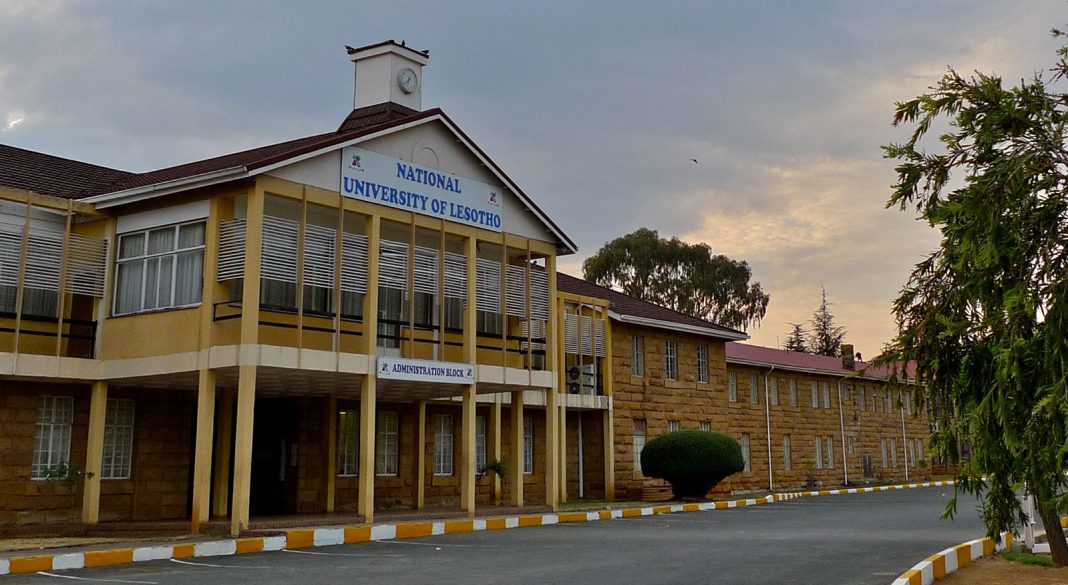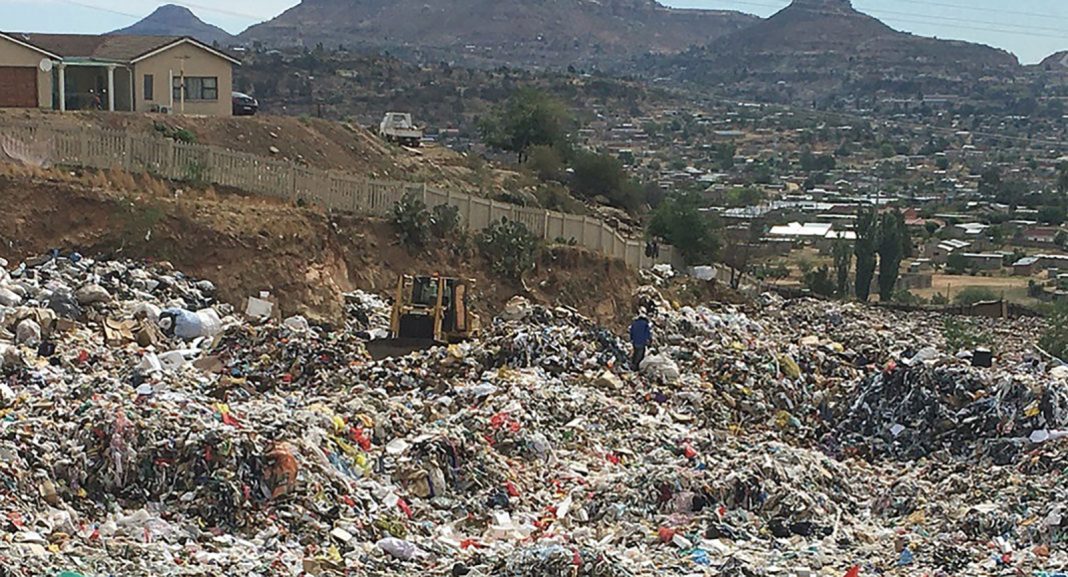A team assembled by the National University of Lesotho (NUL) to probe allegations of sexual harassment and examination paper leakages has established that a bulk of the cases brought forward have enough evidence that warrant internal disciplinary actions by the management.
The Council Task Team (CTT), which was set up by the NUL Senate in February this year, also discovered that some lecturers were in the practice of awarding marks to students of the opposite sex in exchange for sexual favours.
Sources said according to the findings presented before the Senate on its 428th Special Senate Meeting on Tuesday this week, the team urged the NUL Senate to act on its findings.
The CTT came up with a number of policies and procedures to guide the processing of examinations and people relationships such as Examinations Procedures, Grievance Procedures, Student Handbook, Student Code of Conduct.
It established that while there was no standard operating procedure guiding the printing of examination papers, all officers in charge were consistent in the knowledge of their roles and steps to follow in processing examination papers.
“Whilst all officers who handle examination papers in the Academic Office and Reprographic Unit have dedicated working spaces, there are no functioning security cameras installed in such critical working spaces.
“The task team recognised that there could be three areas from which examinations may leak being; at the level of the departments, where lecturers prepare papers; the Academic Office, where examinations are managed; and the Reprographics Unit, where test and examination papers are printed and/or copied.”
The CTT established that a bulk of the cases have enough evidence that warrant internal disciplinary actions by the management.
“The leakage of examination papers is sometimes linked to the children of certain staff members who have access to examination papers,” the team learnt.
The team noted that there are students who are also staff members of NUL, some of whom have access to confidential information of the University such as examination papers that they type and print for their departments.
The Senate has been urged to identify aspects of the report that are implementable for further action.
It also recommended the establishment of a committee to consider the CTT findings and recommendations.
The governing body is then advised to prepare a comprehensive strategy to address the two issues that were investigated.
Following the leakage of examination papers and certificates, lecturers were recommended to follow the papers to the printing department and observe the process until the papers are packaged and envelopes sealed.
“Alternatively, examination papers should not be sent to the academic office. Everything should be done at the faculty level.
“The management should take action against all cases where there is a probability of leakages to deter staff and students from malpractice,” the team noted.
It further advised that students who suffered as a result of the malpractices should be accorded justice and, where applicable, compensated accordingly.
The CCT further urged the University to review the examination-related policy to guide the handling of examination papers, prohibition on programmes that employees have enrolled in as students, and conflict of interest affecting employees.
The CTT also observed that opinion should be sought regularly in matters related to examinations misconduct.
“For the safety and accuracy of the printing process, the University should install a print management solution and security cameras in the reprographics unit and academic office.
“The academic office and reprographic units should be adequately staffed to ensure smooth operation, even in cases where some staff members are conflicted and have to step aside.
“Staff members who work on examination papers from the reprographics unit and academic office and faculties should undertake capacity building programmes that equip them with skills to safeguard examination papers,” the CTT said.
The University should introduce an integrated system of printing and QR codes should be used in the labelling of examination papers as they are more secure.
All the above recommendations should be incorporated into the university’s ICT policy, the team indicated.
It further noted that sexual harassment victims do not normally disclose their experiences because they are embarrassed or do not want anyone to know about and worry that they may be blamed for the actions.
While there are a number of cases where the NUL management has taken action against staff members who were found guilty of sexual harassment, a sizeable number resign before the cases are decided to avoid dismissal and loss of benefits.
The task team warned that if the alleged practice of “sex for marks” is not attended to, it may damage the reputation of the university.
“Some lecturers seem to be using their power over students to demand sexual favours from students in exchange for marks,” the CCT pointed out.
It therefore recommended that NUL should research and benchmark on how other universities handle issues related to sexual harassment and misconduct to enhance their developing policies.
This publication could not get the reaction of students to the report.
The president of the Student Representative Council of NUL, Tumo Tsanyane, yesterday confirmed to be in possession of the document, but could not comment on it because the Council was yet to deliberate on it.
Tsanyane said the SRC will deliberate on the report only tomorrow.
“I can only comment on it today (Friday), after a collective engagement we will have on it,” he added.
Attempts to get a comment from the Lesotho University Teachers and Researchers Union were also unsuccessful as officer bearers’ phones rang unanswered.









